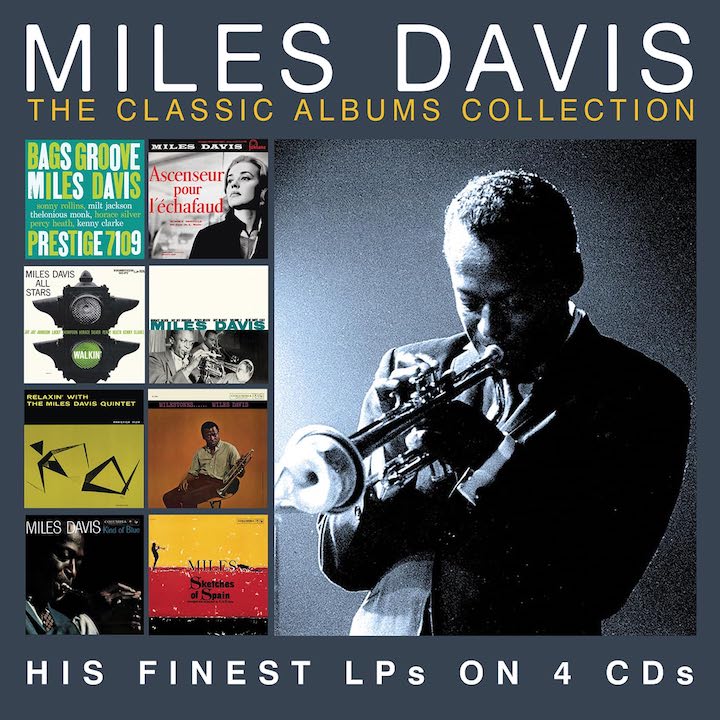Miles Davis, The Classic Albums Collection. This four-CD set, which lists for about what you’d typically pay for one disc, packs in nine superlative albums and more than five hours of music from jazz great Miles Davis, all originally issued between 1953 and 1960: two excellent LPs that are both called Volume 2, plus the fine Bags’ Groove and six bona fide classics – Walkin’, Relaxin’ with the Miles Davis Quintet, Milestones, Ascenseur Pour L’Echafaud, Kind of Blue, and Sketches of Spain. The list of stars and future stars who accompany Davis on these recordings is voluminous: Thelonious Monk, Cannonball Adderley, John Coltrane, and Bill Evans, to name a few.
The liner notes are skimpy and do not indicate whether the set features remastered audio; and advertising that bills these as Davis’s “nine most popular albums, both critically and commercially” isn’t quite correct: 1970’s widely acclaimed Bitches Brew, for example, topped the jazz charts and even made it into the Top 40 on Billboard’s pop list. Still, it’s hard to quibble about an anthology that offers this much masterful music at a price this low. The monumental Kind of Blue and the orchestral Sketches of Spain are themselves more than enough to justify a purchase.
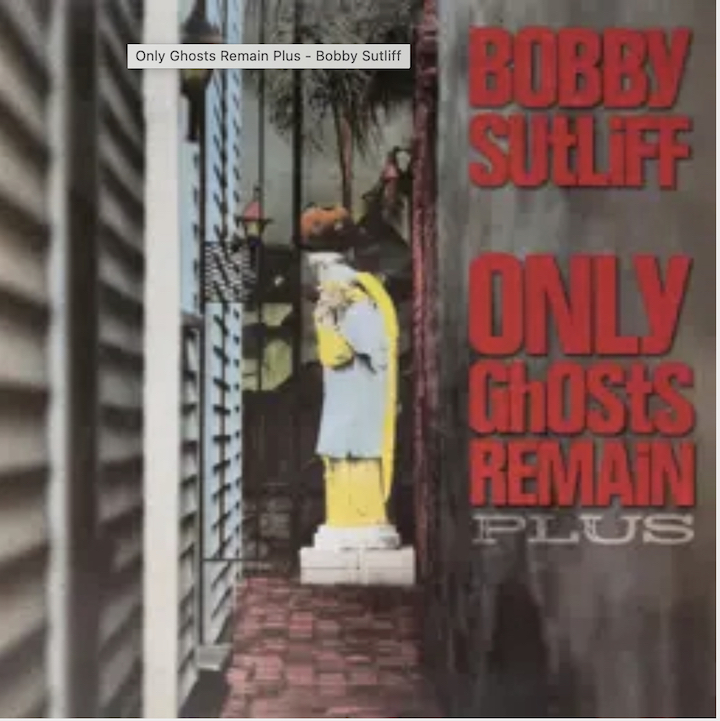
Bobby Sutliff, Only Ghosts Remain Plus. There’s not a weak moment on this reissue, the first half of which features Only Ghosts Remain, the 11-track, Mitch Easter–produced debut solo album from Bobby Sutliff, the co-founder of Mississippi power pop group the Windbreakers. That CD, which first appeared in 1987, is supplemented by an equal number of tracks from three later albums by the singer and guitarist, who died last year of cancer. Sutliff wrote all the material aside from Richard Thompson’s “Small Town Romance.”
This is addictive, Byrds-influenced jingly-jangly power pop, on par with what issued from such superlative similarly styled outfits as the Dwight Twilley Band. It deserves a much larger audience than it has enjoyed so far.
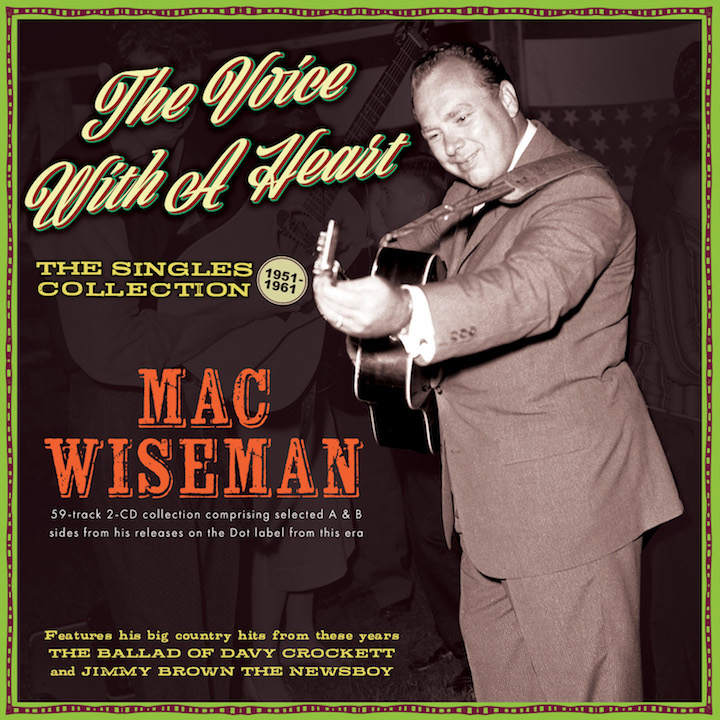
Mac Wiseman, The Voice with a Heart: The Singles Collection 1951–61. Mac Wiseman, who died in 2019 at age 93, got his start in bluegrass, playing upright bass and guitar with outfits such as Lester Flatt and Earl Scruggs’s Foggy Mountain Boys and Bill Monroe’s Bluegrass Boys. However, he added traditional country flavorings and a bit of pop when he went out on his own in 1951 and began featuring his likable tenor vocals.
His career embraced many more years than this anthology covers, but the two-disc, 59-track set offers a satisfying taste of his first decade as a soloist. It includes his first 45, the bestselling “Tis Sweet to Be Remembered,” along with the A and B sides of many of the other singles he released during his years with the Dot Records label.
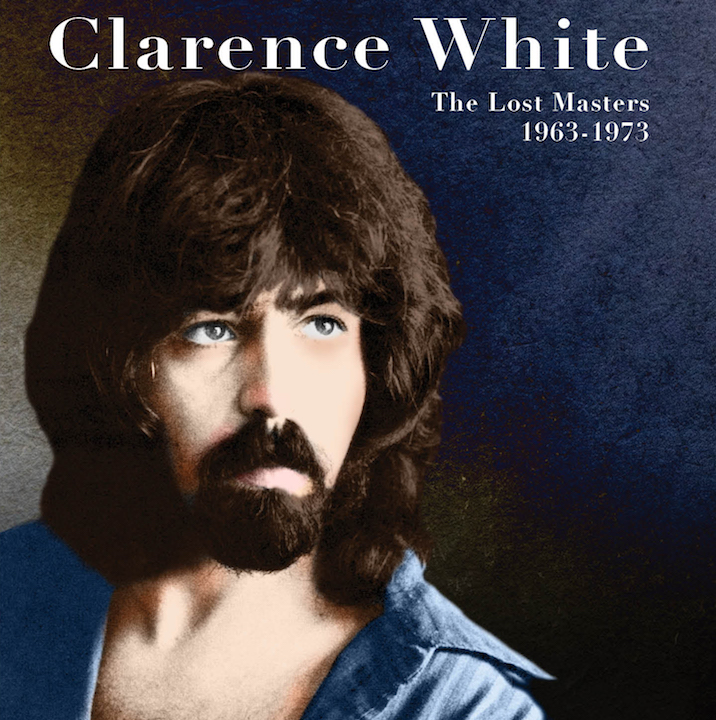
Clarence White, The Lost Masters 1963–1973. Clarence White, who played with the Kentucky Colonels, is best known as a member of the Byrds from 1968 until 1973 when he was struck and killed by a drunk driver. This collection includes acoustic and electric material from throughout his too-short career and features a star-studded guest list that embraces the Byrds’ Roger McGuinn, Gene Parsons, and Skip Battin; multi-instrumentalist Eric Weissberg; violinist Byron Berline; and, on one track, the Everly Brothers and the Byrds’ Gram Parsons.
Like Gram, White had an affinity for traditional country and bluegrass music, and you can hear how he melded it with rock and pop throughout this set, which features instrumental versions of Bobbie Gentry’s “Ode to Billie Joe” and “(Now and Then There’s) a Fool Such as I,” the Elvis Presley hit. Other highlights include “White Lightning,” which White wrote with McGuinn; Weissberg’s “No Title Yet Blues,” and the traditional “Fire on the Mountain,” which showcases virtuoso guitar work. Six of the 14 tracks featured on a limited-release 2009 CD, but the rest were previously unissued.
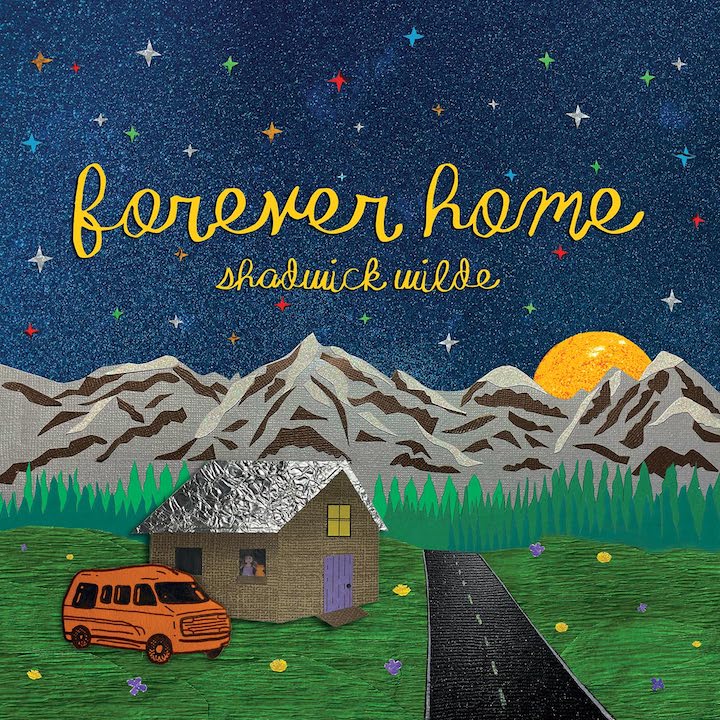
Shadwick Wilde, Forever Home. Shadwick Wilde quit high school at age 18 to go on tour as a guitarist for the hardcore band Iron Cross, but it would be difficult to imagine a fact less indicative of his current music than that. Wilde, who now lives on a Kentucky farm with his partner and their daughter, seems to have mellowed with the years, and his new Forever Home is at times almost as gentle and understated as your average Nick Drake LP. Besides delivering likable vocal work,
Wilde plays guitar, piano, Mellotron, and Stylophone on the album. Ken Coomer, who played drums in Uncle Tupelo and Wilco, produced and handled percussion, while other accompanists added trumpet, bass, strings, electric and pedal steel guitar, and trumpet. The music is emotional and affecting.
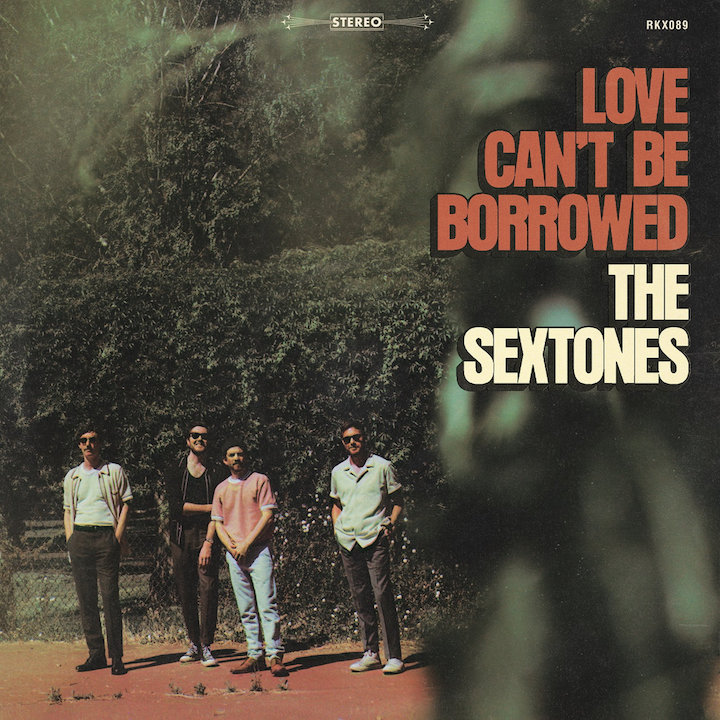
The Sextones, Love Can’t Be Borrowed. The Sextones sounds as if it could be the name of a punk rock group from the 1970s. In fact, their moniker derives from the surname of two of their members, Mark and Chris Sexton, and they’re a soul/R&B/funk outfit whose music seems redolent of 1960s acts like Jay & the Techniques, the Stylistics, the Intruders, and the O’Jays.
It’s just as good, too, thanks to Mark’s silky falsetto, lilting original material, and excellent instrumentation that employs not only the expected percussion, guitar, and horns, but three violins, electric sitar, and glockenspiel. More than a few of these songs – including “Daydreaming,” “This Could Last Forever,” and “Your Love Shines Golden” – sound as if they could be hits.
Jeff Burger’s website, byjeffburger.com, contains five decades’ worth of music reviews, interviews, and commentary. His books include Dylan on Dylan: Interviews and Encounters, Lennon on Lennon: Conversations with John Lennon, Leonard Cohen on Leonard Cohen: Interviews and Encounters, and Springsteen on Springsteen: Interviews, Speeches, and Encounters.


